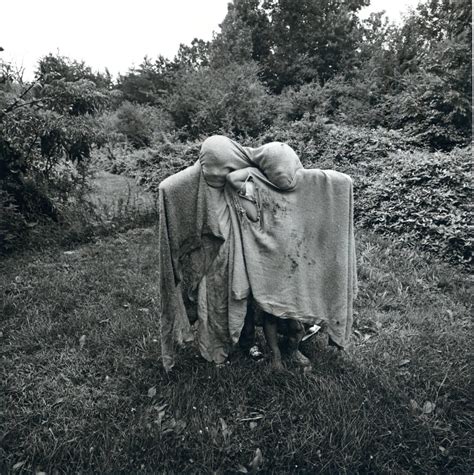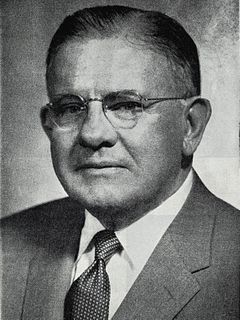A Quote by C. S. Lewis
Our prayers for others flow more easily than those for ourselves. This shows we are made to live by charity.
Related Quotes
Many ... begin to make converts from motives of charity, but continue to do so from motives of pride. ... Charity is contented with exhortation and example, but pride is not to be so easily satisfied. ... Whenever we find ourselves more inclined to persecute than persuade, we may then be certain that our zeal has more of pride in it than of charity.
The greater the charity of the Saints in their heavenly home, the more they intercede for those who are still on their journey and the more they can help them by their prayers; the more they are united with God, the more effective those prayers are. This is in accordance with Divine order, which makes higher things react upon lower things, like the brightness of the sun filling the atmosphere.
The more isolated and disconnected we are, the more shattered and distorted our self-identity. We are not healthy when we are alone. We find ourselves when we connect to others. Without community we don't know who we are... When we live outside of healthy community, we not only lose others. We lose ourselves...Who we understand ourselves to be is dramatically affected for better or worse by those we hold closest to us.
Of course, this is one of the really important things about art, that you can make more than you can understand at the moment the thing is being made. But the gap between what we recognize inside ourselves - our feelings- and our ability to trust ourselves and to trust exposing ourselves to those ideas, can be great.
. . . the number of prayers we say may contribute to our happiness, but the number of prayers we answer may be of greater importance. Let us open our eyes and see the heavy hearts, notice the loneliness and despair; let us feel the silent prayers of others around us; and let us be an instrument in the hands of the Lord to answer those prayers.
Charity is not a virtue to expect in others only. It is the all-important Christian attribute to be found in ourselves. . . . We believe that charity must begin at home. Can we hope to be charitable to the stranger if love does not abound in the family? A sure step in the direction of improvement and progress in our own lives comes when we share with mother or father in their dependence as they shared with us in their productive years.... We cannot as children ignore our obligations to our parents by passing responsibility for their care to others. . . .
Many of our feelings of satisfaction or dissatisfaction have their roots in how we compare ourselves to others. When we compare ourselves to those who have more, we feel bad. When we compare ourselves to those who have less, we feel grateful. Even though the truth is we have exactly the same life either way, our feelings about our life can vary tremendously based on who we compare ourselves with. Compare yourself with those examples that are meaningful but that make you feel comfortable with who you are and what you have.
If we don't love ourselves, we would not love others. When someone tell you to love others first, and to love others more than ourselves; it is impossible. If you can't love yourselves, you can't love anybody else. Therefore we must gather up our great power so that we know in what ways we are good, what special abilities we have, what wisdom, what kind of talent we have, and how big our love is. When we can recognize our virtues, we can learn how to love others.
We often equate charity with visiting the sick, taking in casseroles to those in need, or sharing our excess with those who are less fortunate. But really, true charity is much, much more. Real charity is not something you give away; it is something that you acquire and make a part of yourself. And when the virtue of charity becomes implanted in your heart, you are never the same again.
The more we have given to ourselves, the more we have to give to others. When we find that place within ourselves that is giving, we begin to create an outward flow. Giving to others comes not from a sense of sacrifice, self-righteousness, or spirituality, but for the pure pleasure of it, because it's fun. Giving can only come from a full, loving space.



































